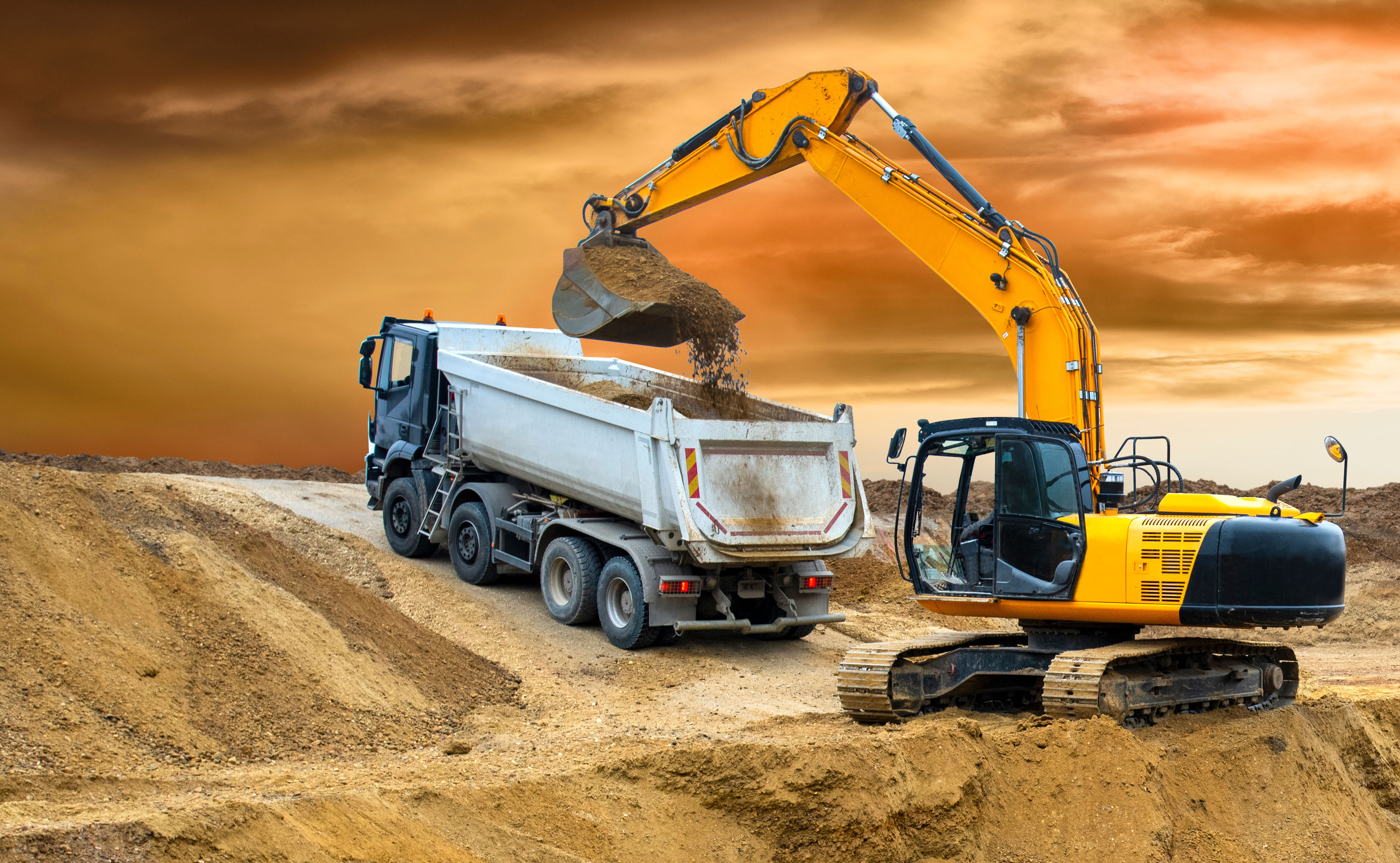The machinery and powered access industry is the backbone of modern construction. From cranes and excavators to scissor lifts and telehandlers, these machines make projects safer, faster, and more efficient.
By Lee McMahon
But with growing pressure to reduce carbon emissions, manage resources responsibly, and create greener supply chains, the question many businesses face is: What does sustainability in our industry actually mean?
It’s a buzzword that’s easy to throw around - but in heavy machinery and construction, sustainability has very real, practical implications.
The first real benefit to sustainable practice is the lowering of emissions, not productivity. For decades, diesel-powered equipment has dominated construction sites, but the push for the use of for hybrid, electric and low-emission machinery is reshaping how projects are run.
Manufacturers are developing battery-powered access platforms and hybrid excavators and fleet managers are investing in modern engines which meet stricter emissions standards, with many businesses adopting telematics to track fuel use and cut waste. Sustainability doesn’t mean sacrificing productivity - it means finding ways to do the same work with fewer environmental costs.
True sustainability isn’t just about the end product - it’s about how machines are made and maintained. Are the metals and components responsibly sourced? Are factories reducing energy use and cutting waste? Are parts repaired and recycled, rather than discarded? A sustainable approach looks at the whole lifecycle of machinery, not just the period that it’s on site.
Safety and longevity go hand in hand and well-maintained machines last much longer, perform better and keep operators safe. Investing in robust maintenance programs and quality training reduces downtime, prevents accidents and ensures that machinery doesn’t need to be replaced before its time. Longevity is sustainability in action - extending the life of equipment thus reducing the need for constant and costly updates.
The new digital era is also helping to drive productivity. The rise of digital fleet management, telematics and AI-driven diagnostics means operators can monitor performance in real time, predict breakdowns before they happen and reduce idle time and fuel burn. Less waste, smarter usage, and improved efficiency all contribute to a more sustainable market.
Sustainability isn’t only about the environment - it’s also about people. Creating a sustainable machinery industry means investing in skills, training and careers for the next generation of operators, mechanics, and engineers. A steady pipeline of skilled talent is growing to help the industry to adapt to greener technologies whilst keeping projects moving.
Sustainability in the machinery market isn’t a passing trend, it’s the future of the industry and means cleaner, smarter equipment, responsible manufacturing and maintenance for safer, longer-lasting machines and a skilled workforce ready to operate and service them long into the future.
